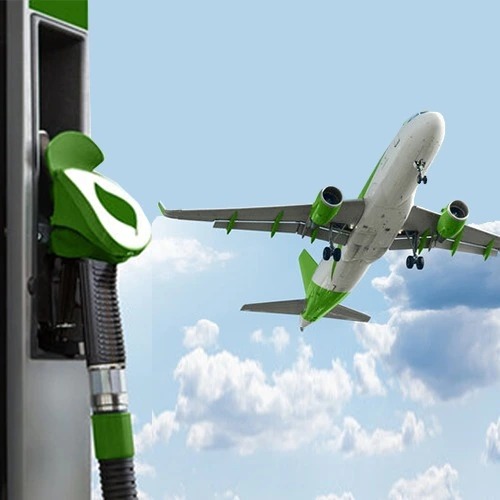The Energy authorities are in the process of formulating a new national oil plan focused on the development of sustainable aviation fuel (SAF), aligning with the aviation industry’s objective to curtail carbon dioxide emissions, reported Bangkok Post.
SAF, a biofuel designed for aircraft, possesses properties akin to traditional jet fuel but with a smaller carbon footprint, making it a viable alternative. Patteera Saipratumtip, Deputy Director-General of the Department of Energy Business, emphasized ongoing efforts to position SAF as a mainstream fuel and bolster domestic biofuel production.
A proposal for investment incentives in SAF manufacturing is anticipated to be finalised by early 2024. Nathasit Diskul, President of Bangkok Aviation Fuel Services Plc, underscored the importance of policymakers considering a reduction in the excise tax for jet fuel to facilitate SAF adoption, given its price being 2-3 times higher than conventional jet fuel.
In Thailand, Bangchak Corp Plc and Energy Absolute Plc have stated plans to produce SAF from used cooking oil. PTT Plc, the national oil and gas conglomerate, announced in 2023 that its subsidiary, PTT Oil and Retail Business Plc, would collaborate with Thai Airways International (THAI) to pilot SAF usage for a flight between Bangkok and Phuket. The initiative involves the participation of various companies, including Neste, the leading SAF producer globally based in Finland, aligning with THAI’s commitment to reducing its carbon footprint.












